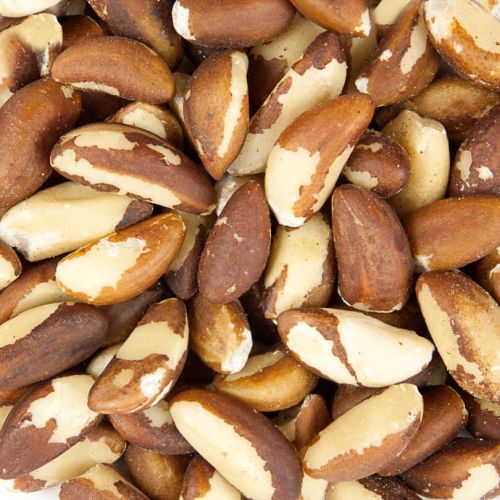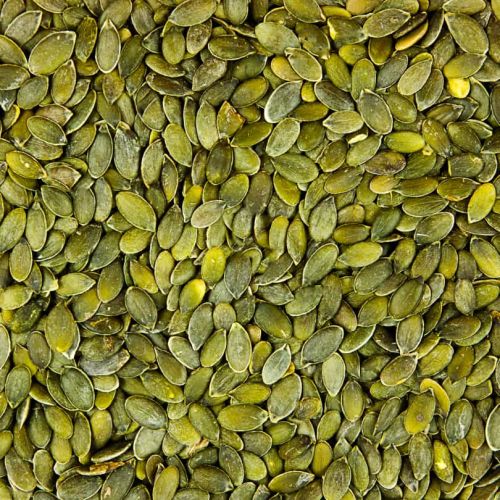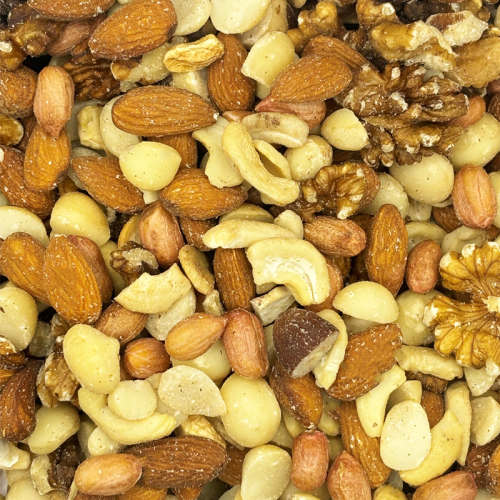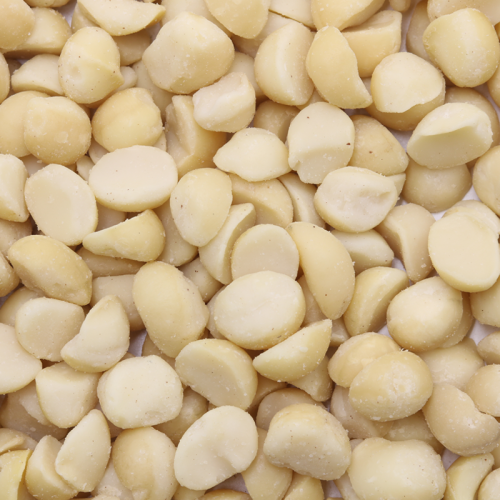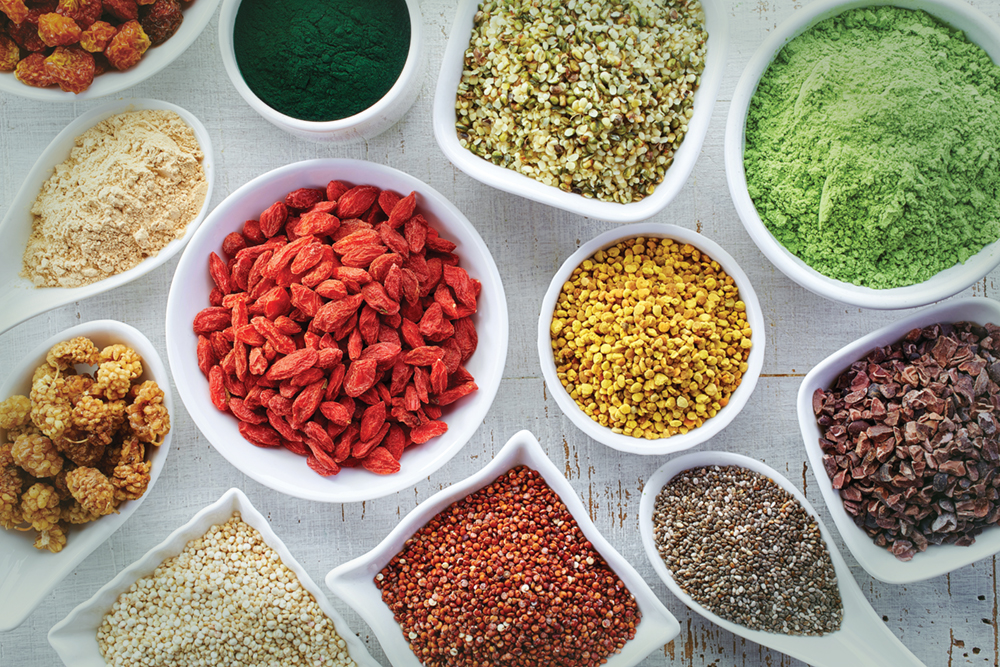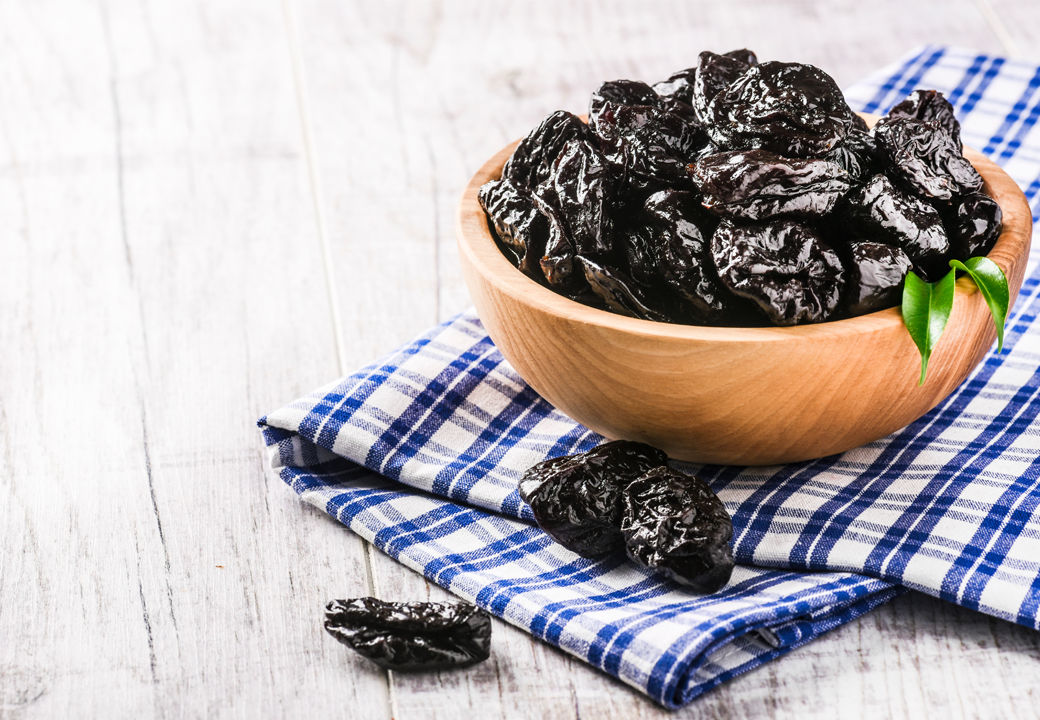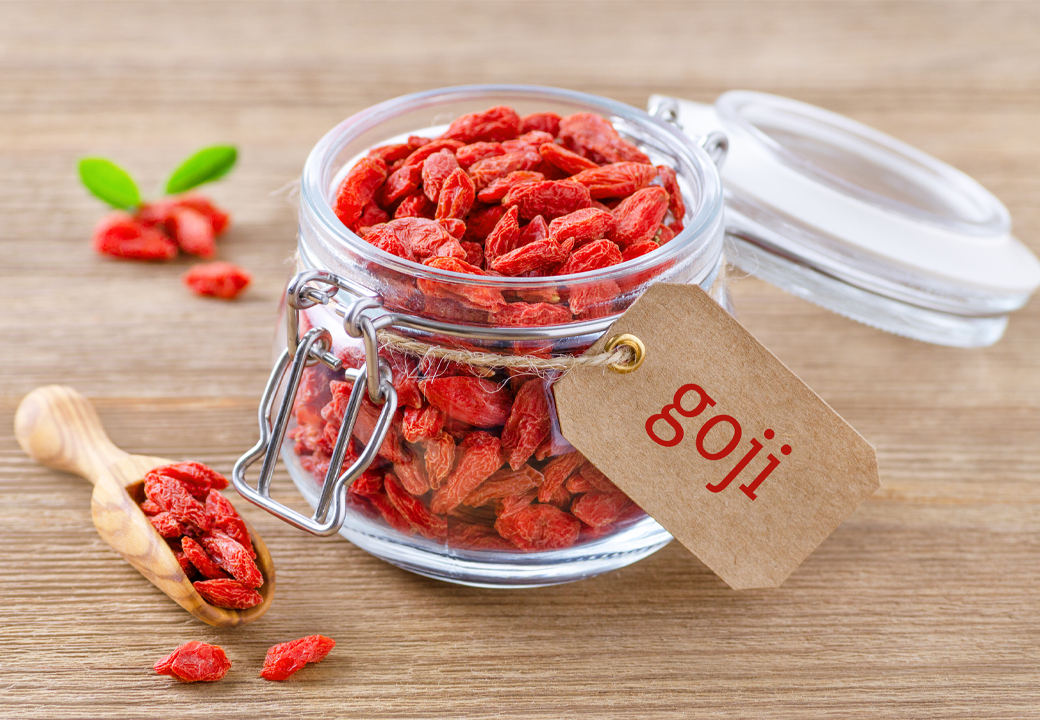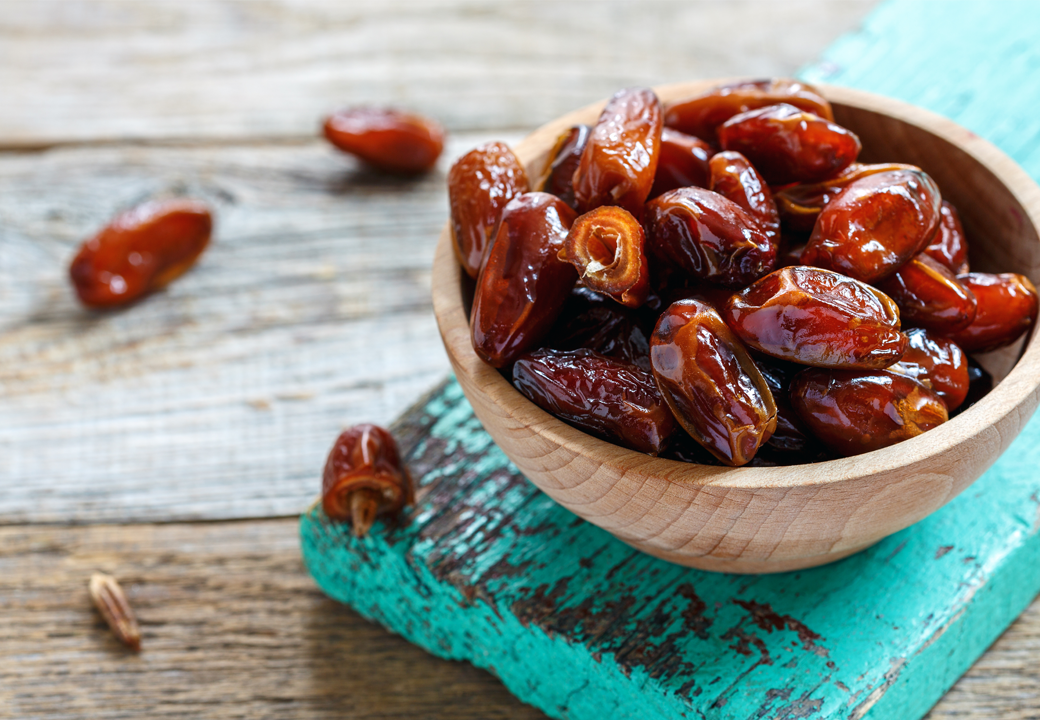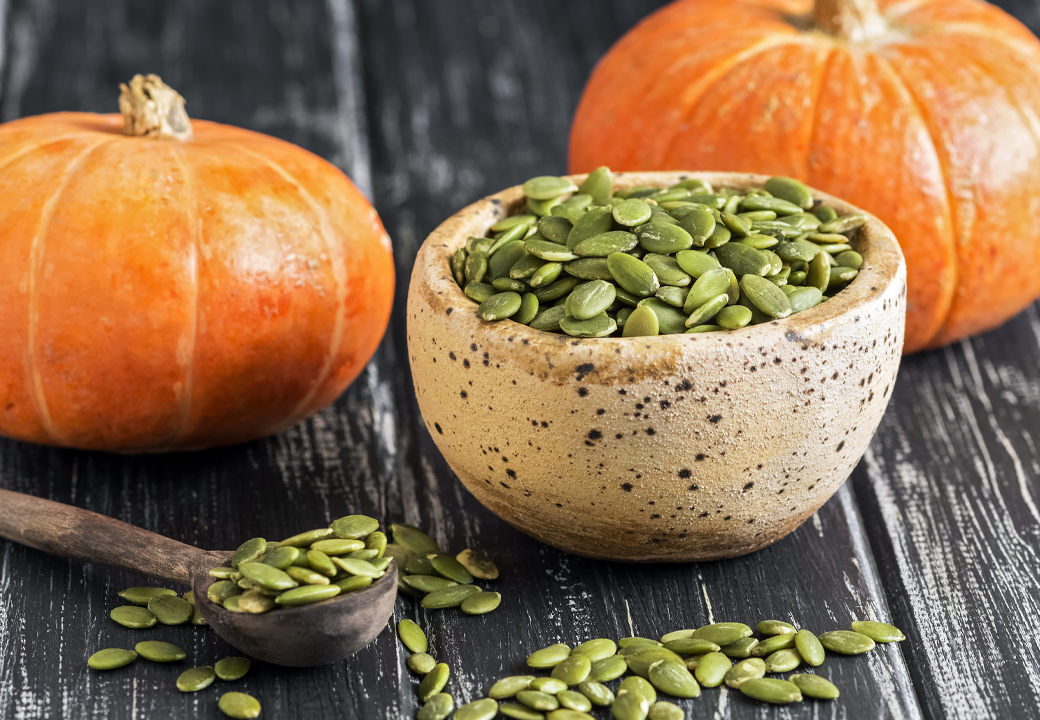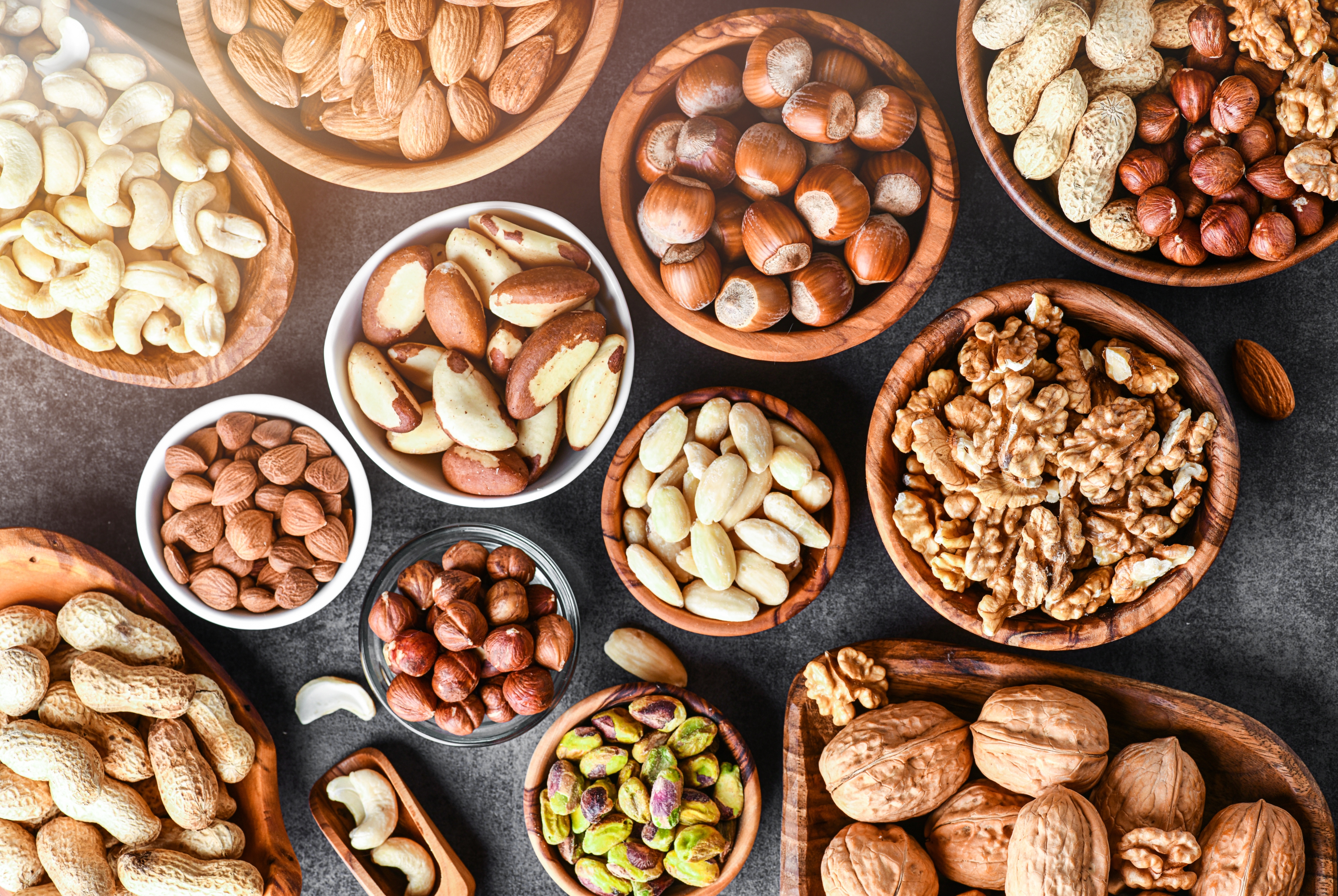
Can these foods help beat the winter blues?
Try a taste of happiness.
If you are feeling down or facing up to those Winter blues can food put the smile back on your face? There is growing evidence of the link between food and mood.
The body of evidence linking diet and mental health is growing at a rapid pace says the Mental Health Foundation. Several studies have shown, for example, that people who follow the Mediterranean Diet which is rich in fruit and vegetables, wholegrains, nuts, olive oil and fish are less likely to suffer depression.
And it is now accepted that eating healthily is a key part of maintaining good mental health. The experts all agree that there are certain basic rules, like eating regularly, that lay the ground work for a good state of mind.
So, getting those five a day is important as is eating the right carbohydrates. While they all supply the brain with its energy through glucose we should be aiming for the ones that release energy slowly and do not create sugar highs and lows that lead to mood swings.
So, that means choosing lots of wholegrains, nuts and seeds. And then there is drinking. Even mild dehydration can lead to grumpiness and depression.
The British Dietitians Association says 'A healthy brain contains up to 78% water. It makes sense to drink plenty'.
But there are specific food components which have been shown to play a vital role in good mental health and missing out on them could lead to gloomy prospects.
So, here's our guide to the blues busters and where to find them.
Selenium
The mineral selenium has vital links with the functioning of the thyroid. But it has now been linked with combating depression and other negative mood states.
Where to find it: The best food source of selenium is brazil nuts. Just one or two nuts a day contain all the selenium you need. While 3oz of beef or turkey will give you forty per cent of your daily requirement other good vegetarian sources are seeds. A quarter cup of sunflower seeds will give you a third of your daily needs and the same amount of chia and sesame seeds will provide a quarter.
Tryptophan
Tryptophan is an amino acid which the body uses to create serotonin, the chemical neurotransmitter that sends messages from one part of the brain to another. It affects mood as well as other functions like sleep and appetite. Drugs which maintain higher levels of serotonin in the body are a common treatment for depression.
Where to find it: Tryptophan is found in proteins which are made available by a wide range of foods including meat, fish, eggs and dairy. But for vegetarians and vegans and all of us watching the kind of fats we consume then seeds and nuts are an excellent source. Top seed sources are pumpkin, sesame and sunflower. Richest nuts are cashews and walnuts. Wholegrains like oats, buckwheat, rye and bulgur are also key sources.
Omega Fats
Brains are 50% fat so a supply of fats is necessary just to maintain its cell structure. But research is showing direct links between the essential fatty acid Omega 3 and mental health. Communities that eat high levels of it like the Japanese have fewer cases of depression.
Where to find it: Oily fish is the acknowledged source of Omega 3. Plant sources offer the simplest form, alpha-linoleic acid, and these include nuts and seeds. Sacha Inchi now claims the title of the richest plant source of Omega 3s. Which means linseed must have second place. Walnuts, chia seeds and hemp seeds are also excellent sources.
B Vitamins
B vitamins play a vital role in producing chemicals that effect mood and other brain functions. The Association of UK dieticians says missing out on key B vitamins can result in tiredness and feelings of depression or irritability. B9 also known as folate, is particularly important for combating depression especially in older people.
Where to find it: B1 (Thiamin) Occurs widely in fresh and dried fruit, eggs and liver but oats, sunflower seeds, macadamia nuts, pistachios and brazils are also sources. B3 (Niacin) occurs in meat, fish and dairy foods but also peanuts and sunflower seeds. Folate (or Folic Acid) Found in lentils, beans and vegetables but sunflower seeds and quinoa are rated as good sources. B12 The key sources are meat, fish and dairy. People not eating animal products need to source yeast extract, fortified foods or soya products.
